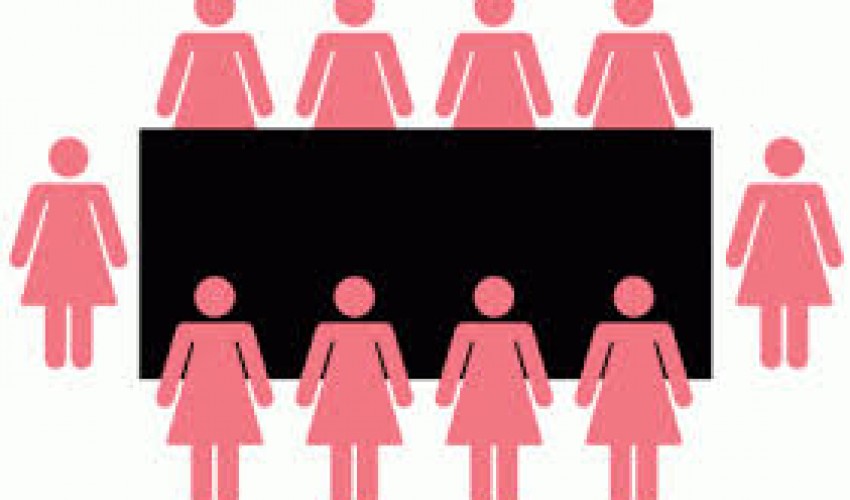Learn » Blog » Simplicity puts companies on formal notice as diversity stalls on boards
Simplicity puts companies on formal notice as diversity stalls on boards
Published on 18/11/2019

Progress towards gender and ethnic diversity amongst the leadership of the country’s top companies has stalled.
The latest annual New Zealand Census of Women on Boards, funded by Simplicity, shows the slow progress of recent years continues, with boards of the top 100 publicly listed companies still overwhelmingly male and Pākehā.
The proportion of women increased by 1.8 percentage points from last year and now sits just above the quarter mark at 25.9 per cent.
Sam Stubbs says the largest 49 New Zealand companies (which Simplicity invests in) are on formal notice to fully diversify. He re-stated that Simplicity will engage in formal shareholder action regarding director appointments and retention by 2022 if companies have not achieved full diversity in governance by then.
“Diversity is critical to KiwiSaver returns. Extensive research shows that if companies aren’t drawing from the deepest and widest talent pool, they will underperform,” he says.
“Last year we said that New Zealand companies have five years to fully diversify, which allows for normal board rotation. The clock is ticking. Companies should be actively implementing their diversity policies, and be completed by 2022.
“By then we expect to be significant shareholders in all of New Zealand’s largest listed companies. If their governance isn’t fully diversified by then, as shareholders we will start making it happen.”
The report names 11 companies that have no female directors, as well as recognising seven that have gender equality.
As an addition this year, companies were also asked for the ethnic makeup of their boards. Only 44 replied, with most not providing the requested information, citing excuses such as privacy and human rights concerns.
However, photos, biographies and names indicate that the boards of the top 100 NZX companies remain overwhelmingly Pākehā.
Barrister Cat MacLennan, who headed the research, says the lack of ethnic diversity was shocking.
“Of Aotearoa’s population, 14.9 per cent is Māori, 11.8 per cent is Asian and 7.4 per cent is Pasifika,” she says.
“The fact that Māori, Asian and Pasifika people are so completely underrepresented on NZX’s top 100 boards is an indictment.”
AUT Professor Judy McGregor, the study’s founder, says: "At this rate, it will still be more than a decade before boardroom equality is a reality.”
“I’ve been counting boardroom composition for 22 years and it has only gradually improved so that men now outnumber women by three to one.”
A positive finding of this year’s snapshot was there has been a large increase in the number of top 100 companies with visible diversity policies since 2018 – from 76 to 92.
“However, the lack of progress in gender and ethnic diversity raises the question of whether companies see creating diversity policies as an easy alternative to actually implementing diversity,” says McGregor.